Customers want to make sustainable choices, and therefore Systembolaget (the Swedish alcohol retail monopoly) will introduce its own sustainability label in 2022. This was announced by Ulf Sjödin, category manager at Systembolaget, during a digital press conference.
“We have many customers who want help, and we want to make it easy to find sustainable products”. Systembolaget’s sustainability label will consist of four parameters. All four must be met for the wine to have the label.
- Environmental requirements: the wine must have some sustainable certification (e.g. EU organic, but Systembolaget will accept several sustainability certifications with relevant environmental conditions for viticulture and production).
- Climate-smart packaging: Bag-in-Box, plastic bottles cans are accepted, and glass bottles weighing no more than 420 grams.
- Social responsibility
- Traceability: the origin of the grapes in the wine must be known
How social responsibility should be measured is not entirely clear. Only a few countries can get a Fairtrade label (Argentina, Chile, South Africa), and in any case, it is difficult to imagine that a French or Italian producer would apply. Will all European countries automatically be considered as socially responsible? The lightweight glass bottle will be problematic for many of the more expensive wines.
It is admittedly an interesting project, but it seems as if Systembolaget wants to come up with a simple answer to a question that is in fact complicated and has no simple answer. Much in the area of “sustainable”, including the various labels, is basically fuzzy and elusive (as opposed to “organic” which is well defined).
Read:
Read more on sustainability and organics in wine in our article series.
Read more:
Read our book on organic, sustainable, biodynamic and natural wine.


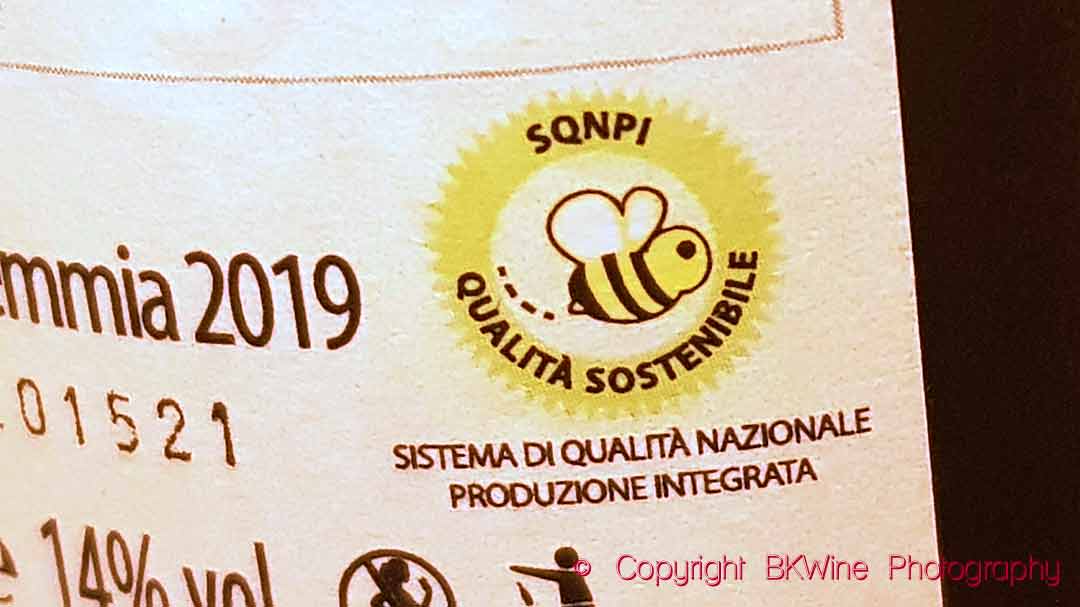
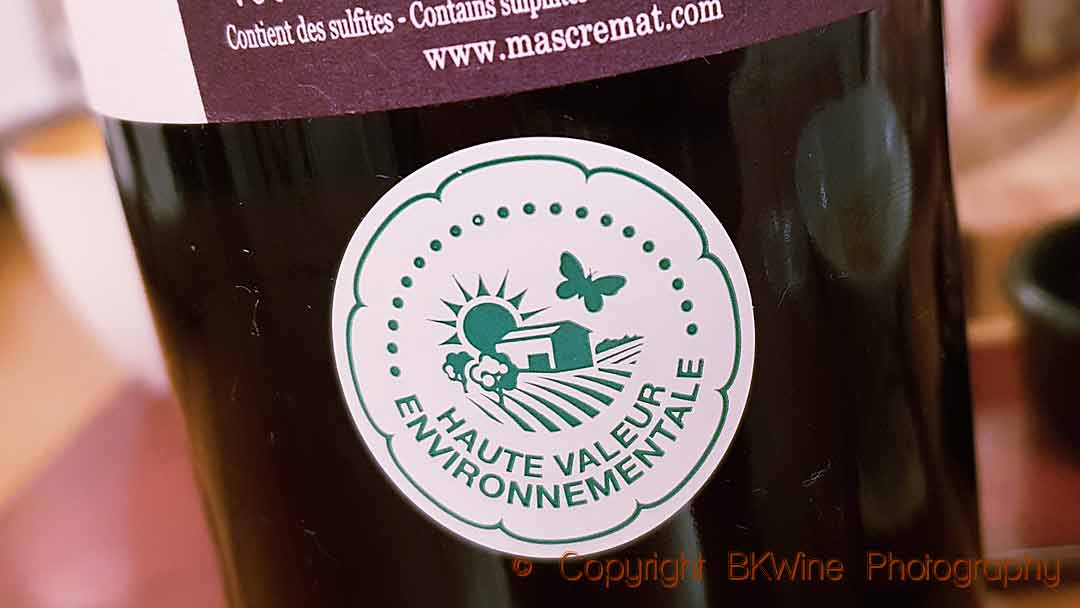
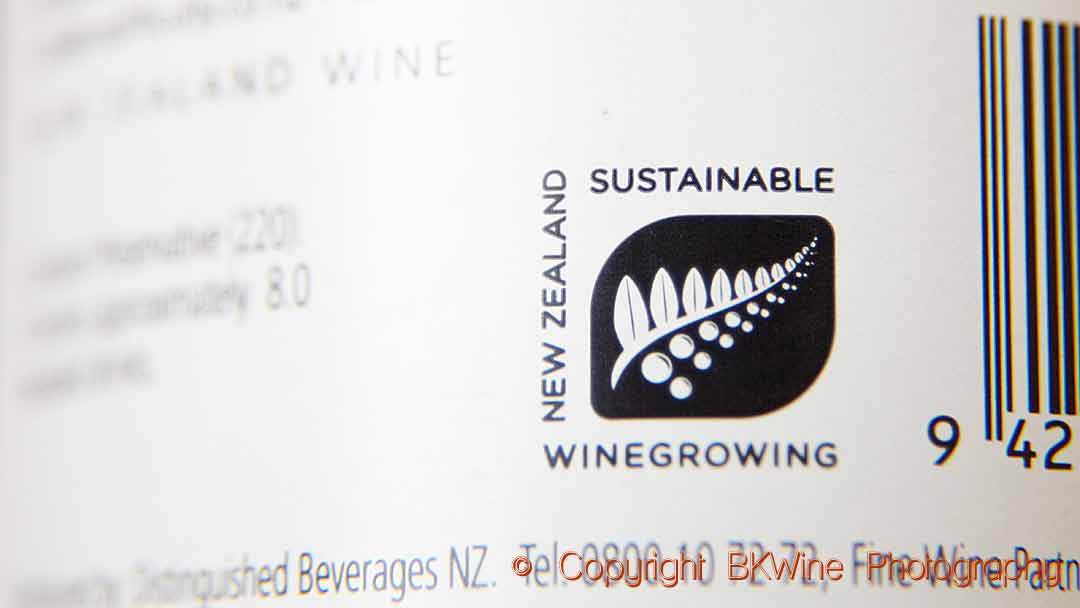
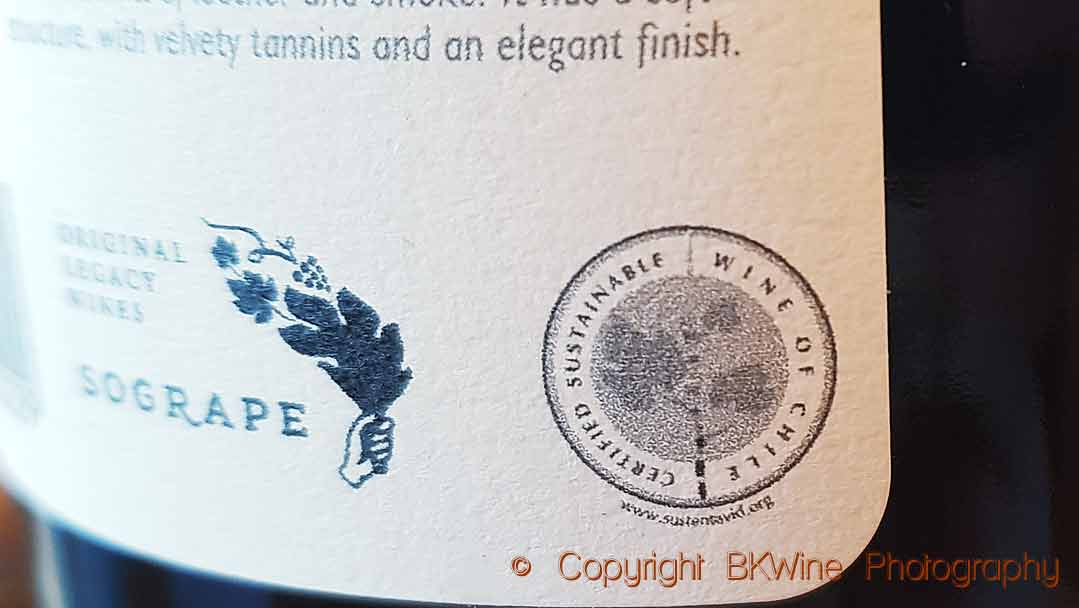
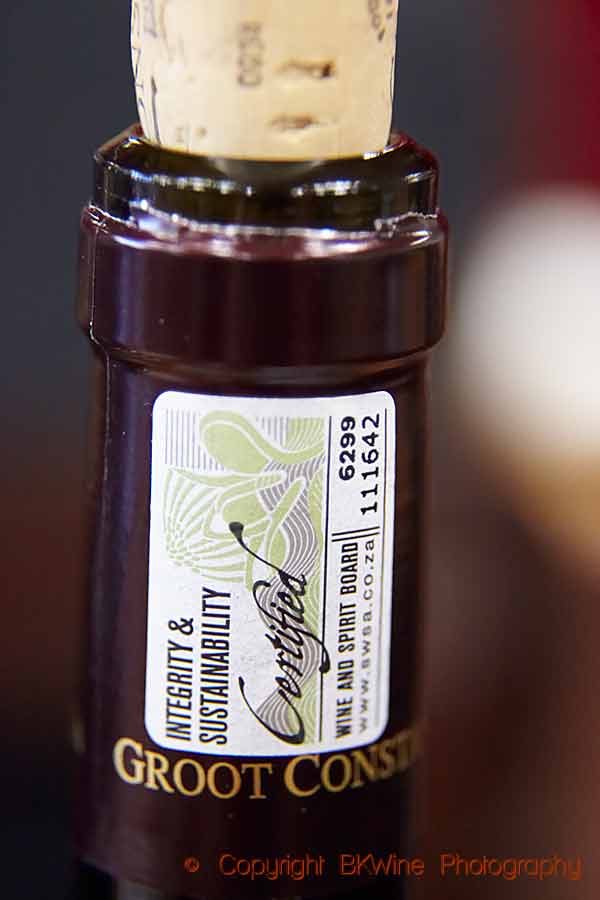

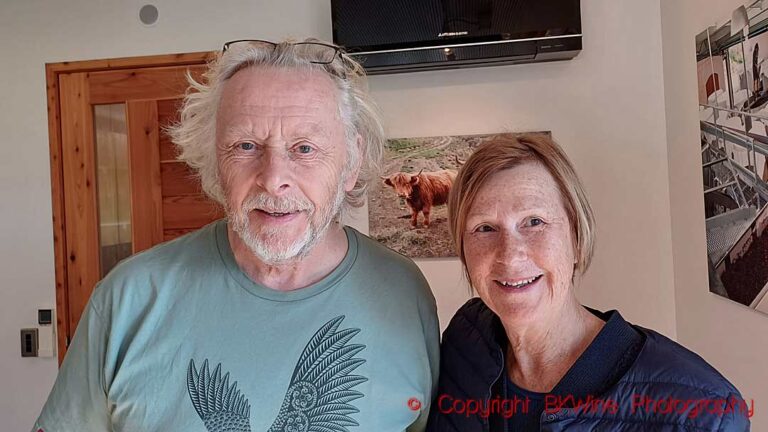
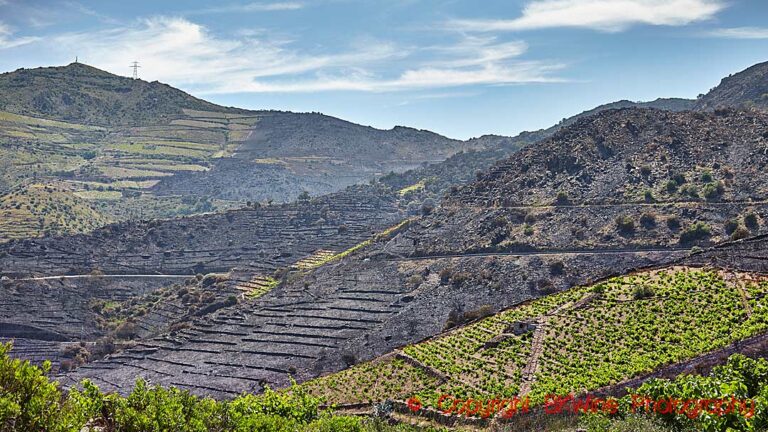
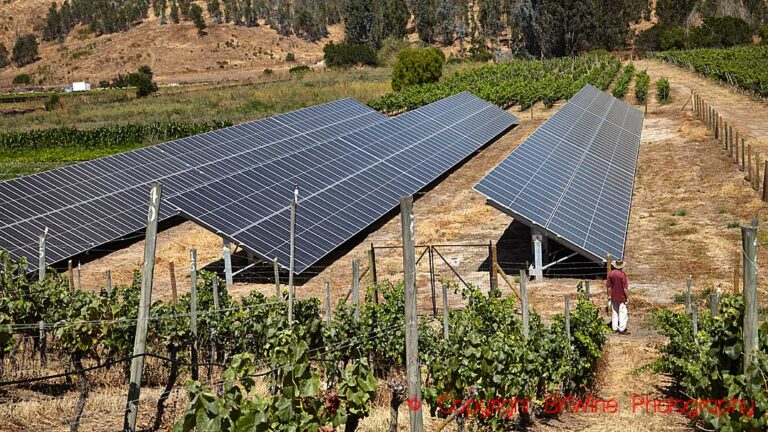




One Response
Indeed, @Britt Carlson, you are right. This is a serious and very complex question. Sustainable vine growing and wine making is needed and developing in Europe but Certification is confusing and maybe misleading. What to do about wines feom Integrated Crop Managed Grapes, for exemple?